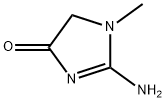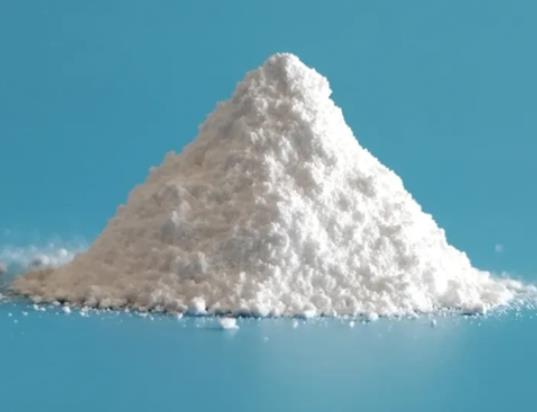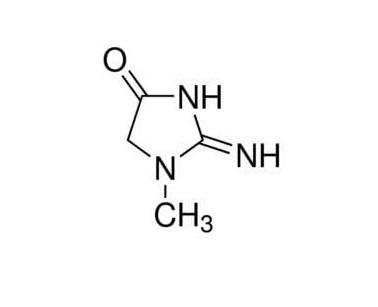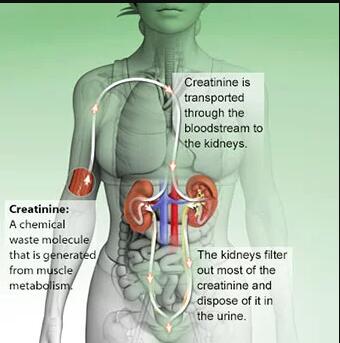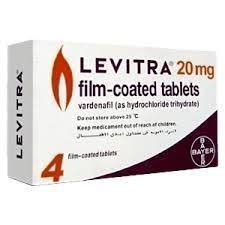Causes of abnormal creatinine levels and symptoms
A high level of creatinine is not a direct cause of symptoms, and patients with above-normal levels of creatinine may notice no change. Symptoms associated with high creatinine are most often caused by an underlying illness that affects kidney function. The most frequent cause is kidney disease itself. Symptoms of kidney diseases can include fatigue, headaches, loss of appetite, nausea or vomiting, weight loss, itchy skin, swelling in the hands and feet, frequent or painful urination or a change in the color of the urine. Diabetes and high blood pressure are also associated with kidney failure. Other symptoms may indicate muscle destruction, hypothyroidism, or diabetic ketoacidosis as the cause of elevated creatinine. It is sometimes not correlated between the symptoms of high blood creatinine levels and kidney dysfunction. Some individuals may have severe kidney disease and high creatinine levels without displaying any symptoms while others usually develop a variety of symptoms such as swelling or edema, short breath, dehydration, nausea and vomiting etc.
The symptoms that go with low creatinine levels depend on the underlying conditions. Low creatinine levels can be caused by muscle diseases, such as muscular dystrophy. Symptoms of a muscle disease include muscle weakness, muscle stiffness and pain, and decreased mobility. Low creatinine levels can also be caused by a liver disease because poor liver function interferes with creatine production. The symptoms include jaundice, abdominal pain and swelling, and pale, bloody, or tar-colored stools. Other causes for low level creatinine include excess water loss, pregnancy, excess water intake or certain medications. However, low levels of creatinine do not mean serious medical problems as some individuals, such as the elder, have low muscle mass.
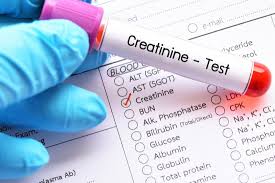
The assay methods for the determination of creatinine in serum and urine, as well as in muscle, are unspecific color tests. They include color reactions with 3,5-dinitrobenzoic acid, with the potassium salts of mercury thiocyanate and 1,4-naphthoquinone-2-sulphonate. The most common method is the Jaffe reaction in which creatinine and picric acid form orange-red color in alkaline conditions. The specificity of this assay can be increased by the absorption of creatinine on Lloyd's reagents—aluminium silicate and kaolin.
Creatinine and creatinine clearance tests are used to assess kidney function. Renal dysfunction diminishes the ability to filter creatinine and the serum creatinine rises. If the serum creatinine level doubles, the GFR is considered to have been halved. A threefold increase is considered to reflect a 75% loss of kidney function. Decreased creatinine levels may be seen in the elderly, persons with small stature, decreased muscle mass, or inadequate dietary protein. It was reported that serum creatinine test is not adequate to reflect renal failure in elderly patients, leading to marked underinvestigation and underrecognition of renal failure in this population.
A normal result is 0.7 to 1.3 mg/dL (61.9 to 114.9 µmol/L) for men and 0.6 to 1.1 mg/dL (53 to 97.2 µmol/L) for women. Women usually have a lower creatinine level than men, which is due to that women usually have less muscle mass than men. Creatinine level varies based on a person's size and muscle mass. The examples above are common measurements for results of these tests. Laboratory test results may vary depending on your age, gender, health history, the method used for the test, and many other factors. Normal value ranges may vary slightly among different laboratories.
References
[1] A.W. Wahlefeld, G. Holz, H.U. Bergmeyer, Creatinine, Methods of Enzymatic Analysis (Second Edition), Volume 4, Elsevier1974, pp. 1786-90.
[2] https://www.bioagilytix.com/biomarkers/creatinine-enzymatic/
[3] P.J. Swedko, H.D. Clark, K. Paramsothy, A. Akbari, Serum creatinine is an inadequate screening test for renal failure in elderly patients, Archives of internal medicine, 163(2003) 356-60.
[4] https://www.mountsinai.org/health-library/tests/creatinine-blood-test
[5] https://www.allinahealth.org/CCS/doc/Thomson%20Consumer%20Lab%20Database/49/150032.htm
[6] https://www.livestrong.com/article/23480-symptoms-high-creatinine-levels/
[7] https://www.stylecraze.com/articles/causes-and-remedies-for-high-creatinine-levels/#gref
[8] https://www.healthline.com/health/low-creatinine
You may like
Related articles And Qustion
See also
Lastest Price from Creatinine manufacturers

US $1.00/KG2025-06-27
- CAS:
- 60-27-5
- Min. Order:
- 1KG
- Purity:
- 99%
- Supply Ability:
- 10 mt
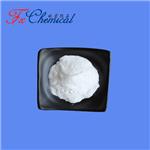
US $0.00-0.00/kg2025-04-21
- CAS:
- 60-27-5
- Min. Order:
- 1kg
- Purity:
- 98.5%-102.0%
- Supply Ability:
- 2000kg
